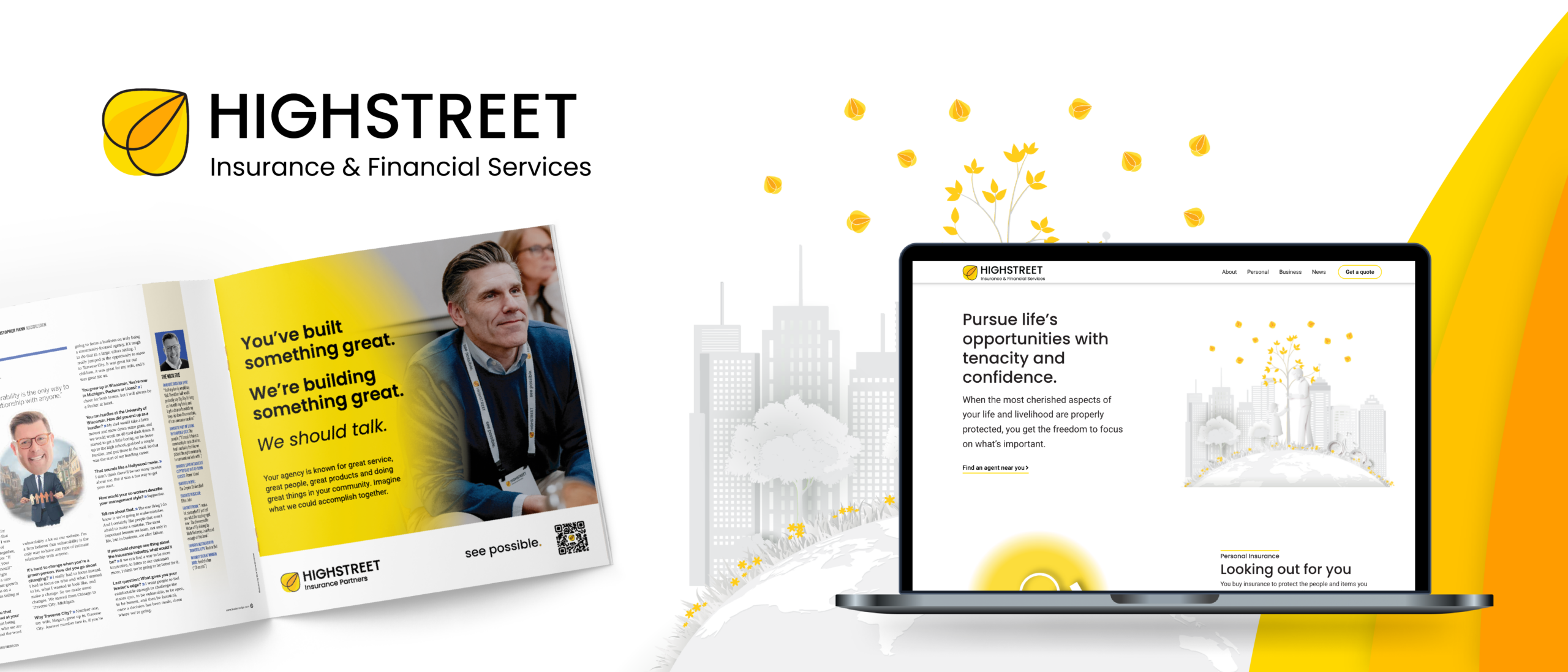No star is ever lost we once have seen, We always may be what we might have been.
A Legend of Provence (1859), Adelaide Anne Proctor
I just finished reading Range, Why Generalists thrive in a Specialized World by David Epstein, where he somewhat debunks the myth that unless you start specializing in your field at a very young age, you’re screwed. I won’t go into the whole book (which I loved, by the way), but its central thesis is that innovation can often come from a broad range of skill sets acquired throughout our lives. If our focus is too narrow, it is hard to find new solutions to old problems. The polymaths among us, those with broad-ranging knowledge and learnings, are those who are most likely to find patterns in other spheres of our lives that can apply to the task at hand.
For myself, in starting KarmaDharma, I have always had this sinking feeling of being behind. I started too late as an entrepreneur. Not the most knowledgeable marketer. Not a specialist in any one field. In some way, I am dragging a generalized feeling of not being good enough.
You will be too much for some people. Those aren’t your people.
Glennon Melton
To add to that, I also feared that my sometimes overly intense, esoteric, soul searching, ‘still wanting to change the world’ nature would turn some people off.
As you can imagine, the feeling of being either behind or too much led to a lot of self-doubt and feelings of inadequacy.
Now I realize that I am not alone in having these feelings, but I also recognize that they are no longer serving me, my family or KarmaDharma.
How about you? Does any of this sound familiar? For you? Your team? Your clients? Odds are, either you are someone you know is suffering from some sort of variation of this.
What if you could leave a trail of breadcrumbs that would lead people out of the self-doubting woods? Help them feel included. Help them feel enough. Help them feel heard, understood and whole. How valuable would this be to them? How rewarding would this be for you?
Is this what most people are coming to you for? Probably not. Would it be of more value than the transactional value of your product or service? The answer is yes.
So why do so many of us focus almost exclusively on the banal attributes of what we do: price, features, customer service, etc. I’ll tell you why: it’s safe, easy and what we know. We are less likely to be judged or criticized for fitting in and doing it the way everyone else does. We also mistakenly think that people are logical, and this is how they are making their decision.
However, speaking straight to people’s underlying social, emotional and physical needs is much more likely to lead to stronger, longer-lasting connections with any one of your stakeholders. And more importantly, accelerate your trajectory to the results and impact you are looking to achieve.
So perhaps you might join me in this journey of self-acceptance of who we are, where we are, and what we know and leave self-doubt in the dust.
Let’s do this.



